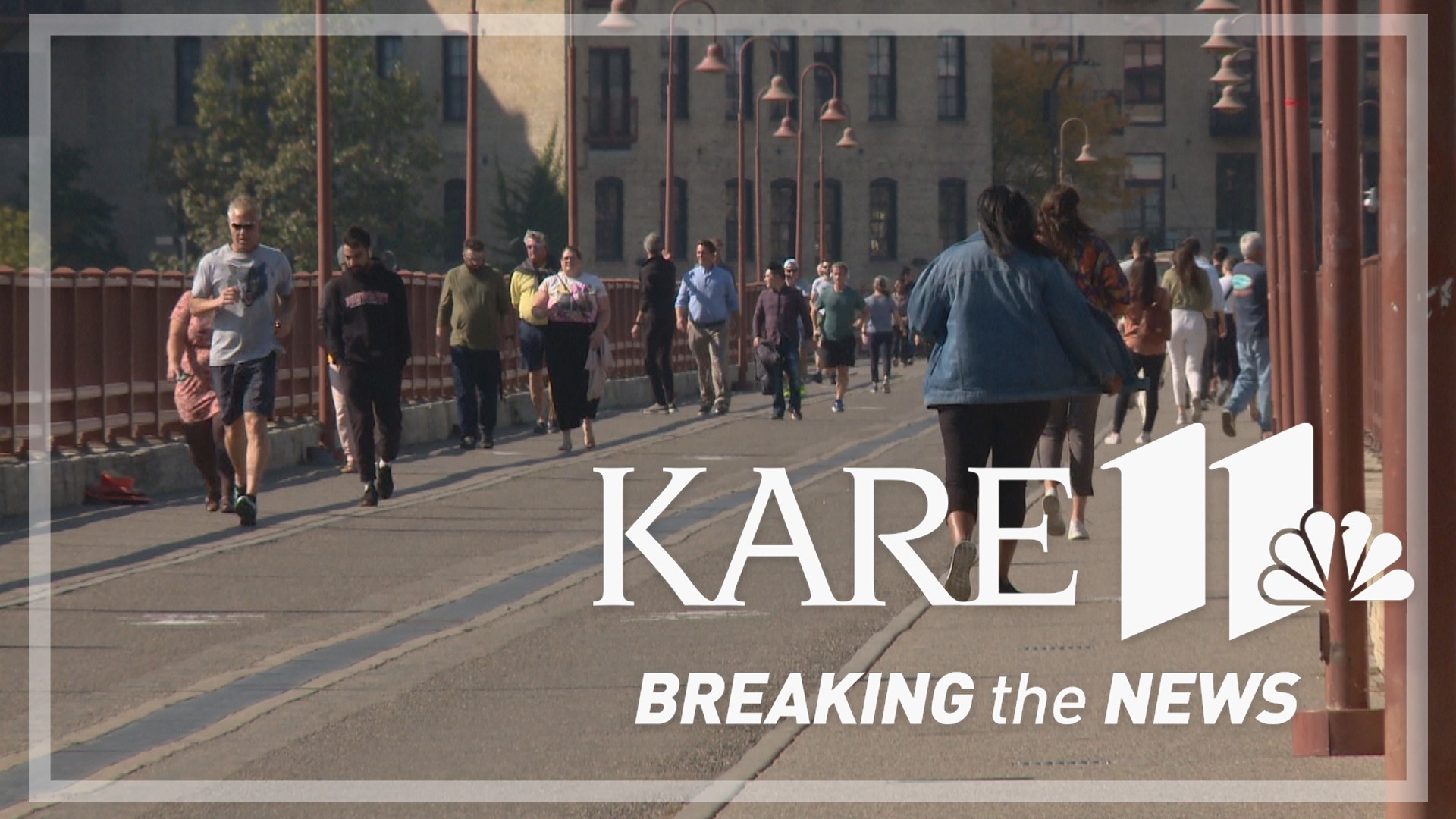MINNEAPOLIS, Minnesota — The pandemic changed how we work, interact with others, and more — but it also may have changed parts of our personalities.
"I definitely identified as extroverted before this, and definitely more introverted post-pandemic," said Olivia Rivera, 23, of Minneapolis.
In a recent study, published in PLOS ONE, researchers found that younger adults experienced the most significant changes to their personalities during the pandemic.
"We do not know yet whether these changes are temporary or will be lasting, but if they do persist, they could have long-term implications," said the study's lead author, Angelina Sutin, a professor at Florida State University College of Medicine, in an interview with FSU.
The study examined survey results from more than 7,000 people enrolled in the Understanding America Study, comparing how they responded to questions in 2020 and later (2021-2022) versus prior to the pandemic.
Researchers found the pandemic made younger adults (participants younger than 30) "moodier, more prone to stress, less cooperative and trusting and less restrained and responsible."
The study focused on the Big Five personality traits: neuroticism (e.g., can be moody), extraversion (e.g., is talkative), openness (e.g., has an active imagination), agreeableness (e.g., is generally trusting), and conscientiousness (e.g., is a reliable worker).
Neuroticism went slightly down early on during the pandemic in 2020. However, once looking at 2021-2022 data split into three age groups, researchers found younger adults had a "significant increase" in neuroticism compared to prior to the pandemic. Meanwhile, middle-aged adults (30-64) continued to decline in neuroticism, as did older adults.
Younger and middle-aged adults saw a decline in the other personality traits, while older adults mostly did not.
"At this age, I go with the flow," said Laurice Jamieson, who celebrated her 95th birthday on Tuesday.
While researchers hypothesized a decrease in extraversion and conscientiousness because of restrictions on social gatherings and the loss of daily routines, they did not find any support for these declines.
"I think going from a remote workplace to a hybrid workplace, I find myself way more stressed out with commuting and being in a workplace setting than I was before," Rivera said. "I'm a lot more comfortable at home, working from home, than I was previously."
There were also significant declines in openness and agreeableness.
The study stated, "These declines may have been, in part, a response to the social upheaval in response to the pandemic that was sharper in 2021–2022. The continued uncertainty around the pandemic, particularly as it dragged into a second year, as well as the decline in mobility, may have led individuals to narrow their activities and worldviews."
"I think it has affected trust issues," said Joanne Hartley of Brooklyn Park. "It's affected people not being as close to strangers."
Researchers said personality traits tend to reach stability at about age 30, saying it's not surprising then that younger adults were most impacted. According to the study, the personality changes experienced during the pandemic were equivalent to what one would usually experience over a decade.
The study said there is a need for future research to continue tracking trends in personality change to evaluate potential longer-term outcomes associated with this change.
But some say the pandemic has changed their personality for the better.
"I feel more open than ever," said Felipe Preito, who was visiting Minneapolis from Philadelphia. "I want to do more stuff and take advantage of the time. You never know what's going to happen."
Watch more Breaking The News:
Watch all of the latest stories from Breaking The News in our YouTube playlist:

